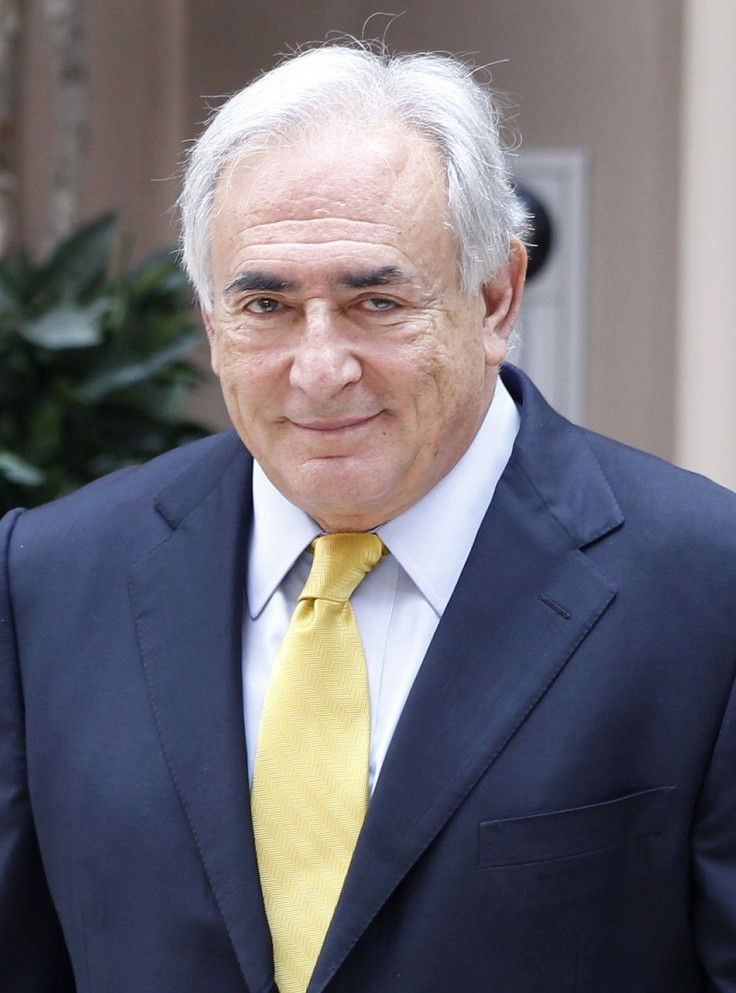Strauss-Kahn Sexual Assault Case Likely to be Dropped: What was it all about?

Prosecutors, of the sexual assault case against former IMF chief Dominique Strauss-Kahn, are likely to drop the charges because of lack of evidence and credibility on the part of the accuser, an unnamed source familiar with the case told Associated Press.
The prosecutors are likely to tell the complainant today that her accusations on a forced sexual act cannot be proved and that she has a long record of lies and inconsistent behavior.
The whirlwind sexual assault case which cost Strauss-Kahn his career as IMF chief, will be ended without determining whether the sex was consensual or forced, in the event of the Manhattan district attorney Cyrus Vance Jr., deciding to ask a judge to dismiss the lawsuit.
A French Presidency contender Strauss-Kahn was accused of sexual assault and attempted rape on May 14, 2011, by a 32 year old maid, Nafissatou Diallo, at the Sofitel New York Hotel.
Strauss-Kahn's arrest, at a critical juncture for him as well as for the Euro zone, generated intense interest worldwide. After the arrest there was widespread speculation that the allegations were a setup by political opponents. A number of his close and intimate friends, including his present and former wives, defended him, stressing that violence was not his second nature. Others criticized his conduct with women, while the media response provoked a discussion of sexism in French culture.
In an interview with Libération in April this year, Strauss-Kahn said he was worried his political opponent, Nicolas Sarkozy, would try to frame him with a fake rape. Paris politician and advocate of gender equality Michèle Sabban said she was convinced there was an international plot to frame him.
On May 15, Strauss-Kahn's political opponent Henri de Raincourt, a minister for overseas co-operation in the ruling UMP party, stated, one cannot exclude thinking about a setup.
A poll found that a few days after his arrest some 57% of the French public believed he was the victim of a smear campaign.
Two weeks after the arrest, Russian Prime Minister Vladimir Putin expressed his personal doubts about the allegations. Putin said, It's hard for me to evaluate the hidden political motives but I cannot believe that it looks the way it was initially introduced. It doesn't sit right in my head.
© Copyright IBTimes 2024. All rights reserved.






















